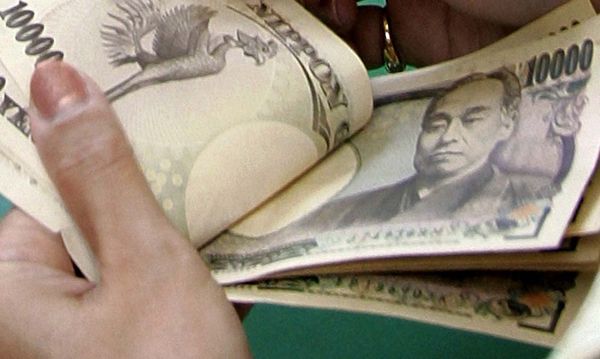Japan is an extremely cash-based society. Although credit cards have gotten more popular with consumers over the past couple of decades, people here are generally more comfortable dealing with cash, and often carry a lot of it. When my wife goes shopping in the U.S she brings a lot of money, and once she managed to lose her purse with more than $1000 in it, something that most folks could not imagine doing. (Happily, she got it back safely, cash included, thanks to an honest man who turned it into the police.) The Japanese sentiment that cash is kamisama (God) is expressed in the tendency for households to keep all their savings in normal accounts paying around 0.05% interest rather than stocks, and I just realized that I don’t know a single Japanese person who owns any stocks in a public company. In 2006, singer Keiko Fuji (who is the mother of JPOP star Hikaru Udata) tried to board a plane from New York to Las Vegas with $420,000 in her carry-on luggage. The authorities promptly confiscated it, sure that anyone with that kind of cash must have been involved in some illicit drug deal. It appears, however, that the former star just liked carrying around lots of money when she went to Vegas since, you know, banks are such a trouble to deal with and everything. After several years, no evidence has been found to show that the singer had been involved in any wrongdoing, and happily, the money is scheduled to be returned to her soon.

Most Japanese households keep their savings in low-interest cash accounts














